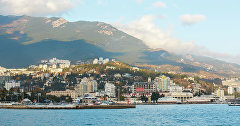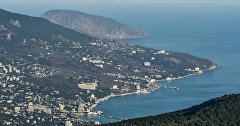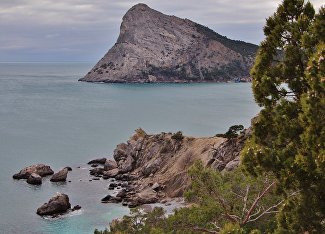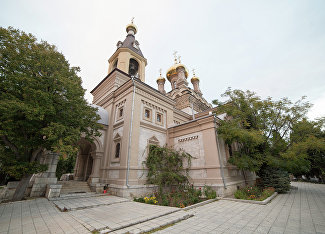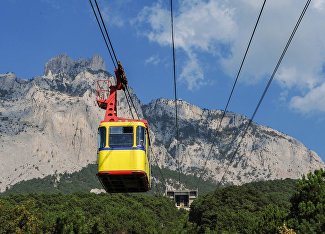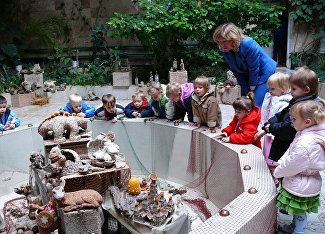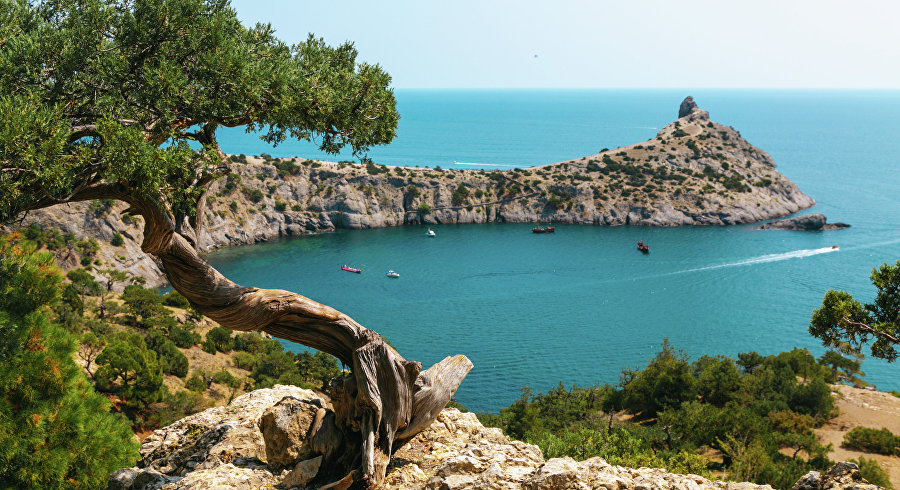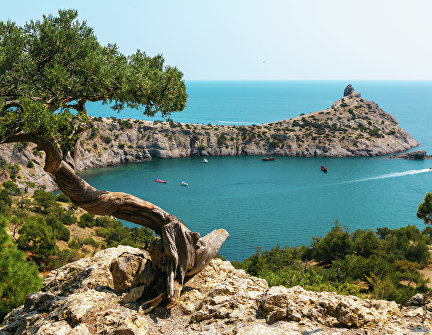Tourist flow to Crimea from the start of the holiday season increased by 11% >>
The organizer of the dialogue between the authorities, business and educational institutions was the Ministry of Resorts and Tourism of the Republic of Crimea. Representatives of the Ministry of Education, Science and Youth and educational institutions of the Republic of Crimea, as well as representatives of hotels and health resorts took part in the event.
So, the Ministry of Resorts proposed to amend the universities’ curricula, taking into account the needs of accommodation facilities, as well as create jobs for novice specialists on their basis.
"Crimea must be defined as a territory of hospitality, and this requires systematic work so that everyone who is employed in the support services, and this is a significant part of the Crimean people, is involved in the tourist and resort process. These are workers of gas stations, catering, transport and simply residents of the Crimea, who can smile and help a tourist who asks how to get to the sights. In addition, we have a problem of lack of respect for a person of labor – room service, waiters and others. Restoring this respect is an important common task," Vadim Volchenko said.
Three reasons for tourists to recreate in Crimea >>
In particular, the Minister of Education, Science and Youth of the Republic of Crimea Valentina Lavrik emphasized that at the moment it is important to synchronize the training of personnel with the requests of the existing tourist facilities. According to her, for this it is necessary to establish interaction between the authorities and employers, which will improve the quality of training of graduates.
In her turn, Marina Palchuk, director of the Romanovsky College of the Hospitality Industry, called the problem of youth employment existing not only in the region, but also in the Russian Federation and the world as a whole. In her opinion, it is important to formulate a general strategy for the development of the labor market and closely interact with educational organizations and future employers − enterprises of the region.
As a result of the round table, options were developed to fill the existing staff shortage both in the short and in the long run.



